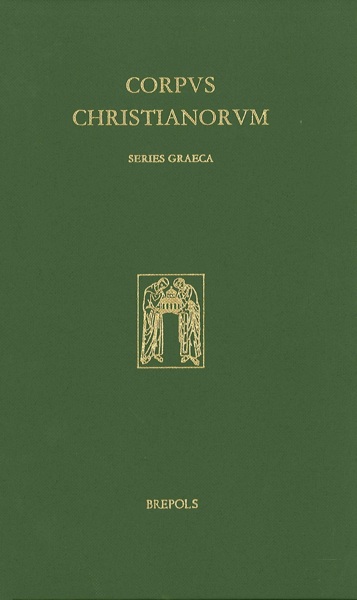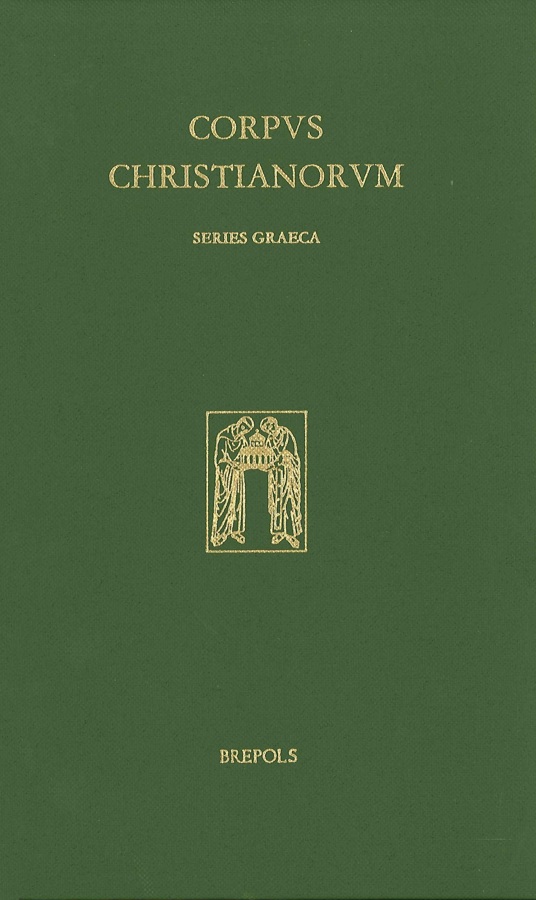
Nicephorus Blemmydes, Iosephus Racendytes
Nicephori Blemmydae De virtute et ascesi necnon Iosephi Racendytae De virtute
Erika Gielen (ed)
- Pages: 92 p.
- Size:155 x 245 mm
- Language(s):Greek, English
- Publication Year:2016
- € 175,00 EXCL. VAT RETAIL PRICE
- ISBN: 978-2-503-54412-0
- Hardback
- Available
« L’éditrice fait une bonne présentation et une excellente transcription de ce traite de morale rédigé par le philosophe et repris par le compilateur, qui, selon une tradition normale et sans offense à la propriété intellectuelle, copie littéralement son modèle sans identifier sa source. » (Albert Failler, Revue des Études Byzantines, 75, 2017, p. 345)
Erika Gielen obtained a doctoral degree in Classics from the KU Leuven in 2010, with a doctoral thesis which formed the basis of the current volume. Presently she is still attached to the same institution as post-doctoral researcher, working on a critical edition of the De corpore of Nicephorus Blemmydes.
Nicephorus Blemmydes was born as the second son of a doctor in Constantinople at the very end of the twelfth century. In December 1224 he was ordained lector by patriarch Germanus II, which marked the beginning of a successful career in the Church, culminating in the foundation of his own monastery near Ephesus. Teaching, both on theological and secular topics, played a major part in his life as well. Among his pupils were George Acropolites and the future emperor Theodore II Lascaris. In order to instruct his fellow monks in his monastery, Blemmydes wrote, among other things, four brief treatises, entitled De fide, De virtute et ascesi, De anima and De corpore, each of which may originally have been part of his Typikon, but has also been circulating independently. Up to now, only the De anima has been decently edited.
This volume presents the first critical edition of the De virtute et ascesi of Nicephorus Blemmydes, previously only available in the, at several places deficient, edition of 1784 by Dorotheos Voulismas. The Greek text is preceded by a detailed analysis of the manuscript tradition. Special attention is also given to the indirect tradition of this ethical treatise. The reason is that Nicephorus' treatise has been included in full in the Synopsis Variarum Disciplinarum by the philosopher-monk Joseph Rhacendytes (ca. 1260-1330). The main difference is the addition by Joseph of a passage from the opuscule Ad sanctissimum presbyterum Marinum of Maximus the Confessor (CPG 7697.1) after the introductory part of Blemmydes’ De virtute et ascesi. Also Joseph’s De virtute is presented here for the first time in a critical edition.





